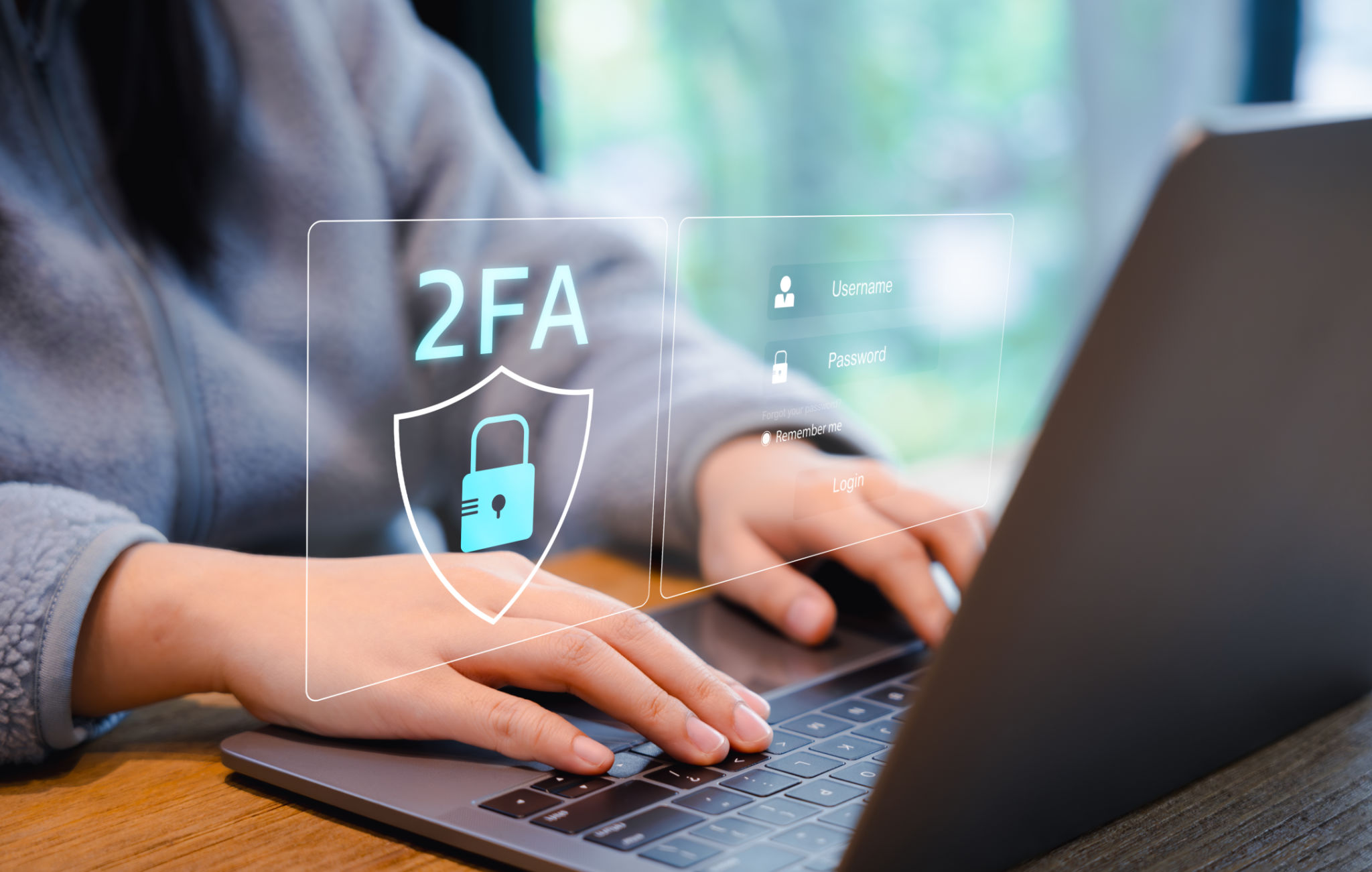- Home
- About
- Blog
- SecuX Wallets
- D'CENT-Wallet
- Ellipal Wallets
- Trezor Wallets
- Keystone Wallets
- NGrave Wallets
- Decentralized Finance (DeFi)
- Top 5 Wallets
- Top 5 Crypto IRAs of 2026
- Web 3.0
- Metaverse & Gaming
- Deeper Network VPNs
- imKey Wallets
- Crypto Tracking
- Ledger Wallets
- Buy Crypto
- Blockchain-Technical-Consulting
- CoolWallets
- Cryptosteel Capsule
- Crypto Yield-Farming
- Tangem Wallets
- Expert Cryptocurrency Security Services
- Contact Us
- Disclaimer
- Privacy Policy
The Ultimate Guide to Cryptocurrency Security: Protecting Your Digital Assets
Understanding Cryptocurrency Security
As the appeal of cryptocurrency continues to grow, so does the importance of understanding how to keep your digital assets secure. Whether you’re a novice or an experienced trader, protecting your cryptocurrency is paramount to ensuring your investments remain safe from cyber threats. This guide explores essential strategies for safeguarding your digital assets.

Choose a Secure Wallet
The first step in cryptocurrency security is selecting a reliable wallet. Wallets come in various forms, including hardware, software, and paper. Hardware wallets are often considered the safest option because they store your keys offline, making them less vulnerable to hacking. Software wallets, while convenient, are more susceptible to online threats. Paper wallets offer a physical form of storage but require careful handling to prevent damage or loss.
Enable Two-Factor Authentication
Two-factor authentication (2FA) is an additional layer of security that helps protect your accounts from unauthorized access. By requiring a second form of verification, such as a text message or authentication app code, 2FA significantly reduces the risk of hackers gaining access to your accounts. Always enable 2FA on all platforms that support it to bolster your security measures.

Use Strong Passwords
Creating strong and unique passwords is a fundamental aspect of online security. Avoid using easily guessable information such as birthdays or common words. Instead, use a combination of upper and lowercase letters, numbers, and special characters. Consider using a password manager to help generate and store complex passwords securely.
Stay Informed About Phishing Attacks
Phishing attacks are one of the most common methods cybercriminals use to steal sensitive information. These attacks often come in the form of emails or messages that appear legitimate but are designed to steal your personal data. Always verify the sender's identity and avoid clicking on suspicious links or downloading unexpected attachments.

Regularly Update Your Software
Keeping your software up to date is crucial for maintaining security. Software updates often include patches for vulnerabilities that could be exploited by hackers. Ensure that your computer, mobile devices, and any applications related to cryptocurrency are regularly updated to the latest versions.
Diversify Your Investments
Diversifying your cryptocurrency investments can help mitigate risk. By spreading your assets across different types of cryptocurrencies and platforms, you reduce the likelihood of losing everything in the event of a specific coin's decline or a platform's failure. Remember the adage: never put all your eggs in one basket.

Monitor Your Accounts Regularly
Regularly monitoring your cryptocurrency accounts allows you to quickly identify any unauthorized transactions or suspicious activity. Set up alerts and notifications for all transactions to keep track of any changes in real time. Staying vigilant can help you respond promptly to any potential security breaches.
Conclusion
Protecting your digital assets requires a proactive approach and a commitment to staying informed about potential threats. By implementing these security strategies, you can significantly reduce the risk of losing your valuable cryptocurrencies to cybercriminals. Remember, when it comes to cryptocurrency security, diligence and awareness are your best defenses.
